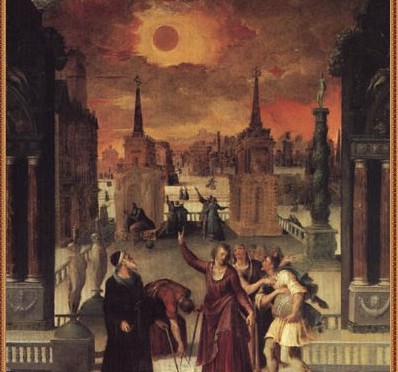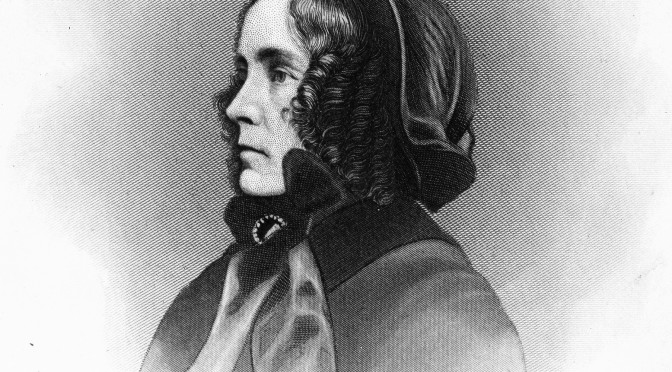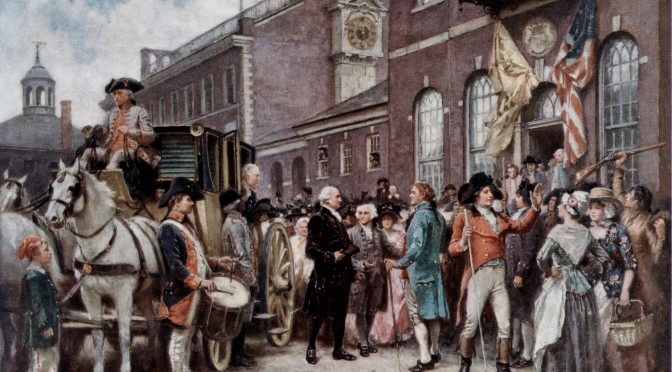March 29 is the 363rd anniversary of the Great Eclipse of 1652, which, despite the relatively late date, terrified people in Europe. In this paper from 2007, I attempt to explain the persistence of this fear by examining the historiography of seventeenth century eclipse and comet lore.
As the year 1651 neared its end, England was experiencing a small but steadily increasing panic. On March 29, 1652, there was to be a total solar eclipse. Fanning the flames of unrest were those who distributed pamphlets predicting that all manner of terror and disaster would accompany the inevitable darkening of the sun. The pamphlets forecast “darkness, sudden death and ‘great madness, raging and terrifying thousands of the people.’”[1] Workers stayed home; the poor begged God for deliverance. The fear was not confined to the lowly and downtrodden; the rich ran away. [2] The powerful and the would-be powerful engaged in a flurry of optimism, predicting the collapse of the religious and political institutions to which they were opposed.[3] The government issued rational-sounding opinions, assuring the public that there was nothing to fear, and “explaining that eclipses were natural events which could have no political effects.”[4] Continue reading Recent Scholarship on Aristotelian and Scientific Views of Eclipses and Comets in the Seventeenth Century



